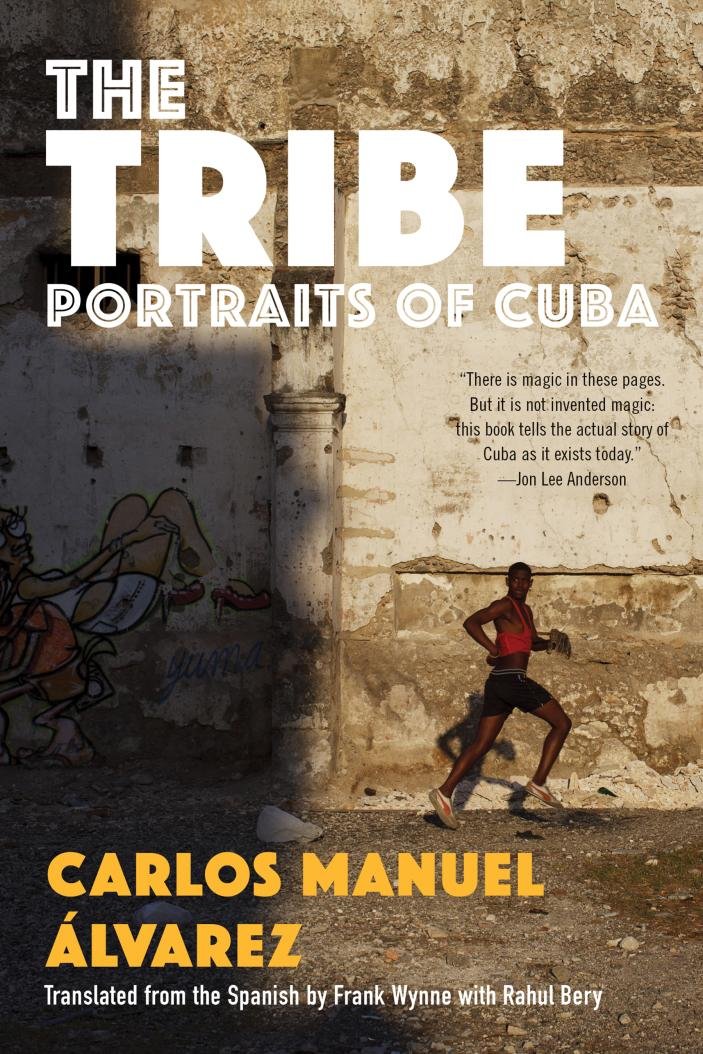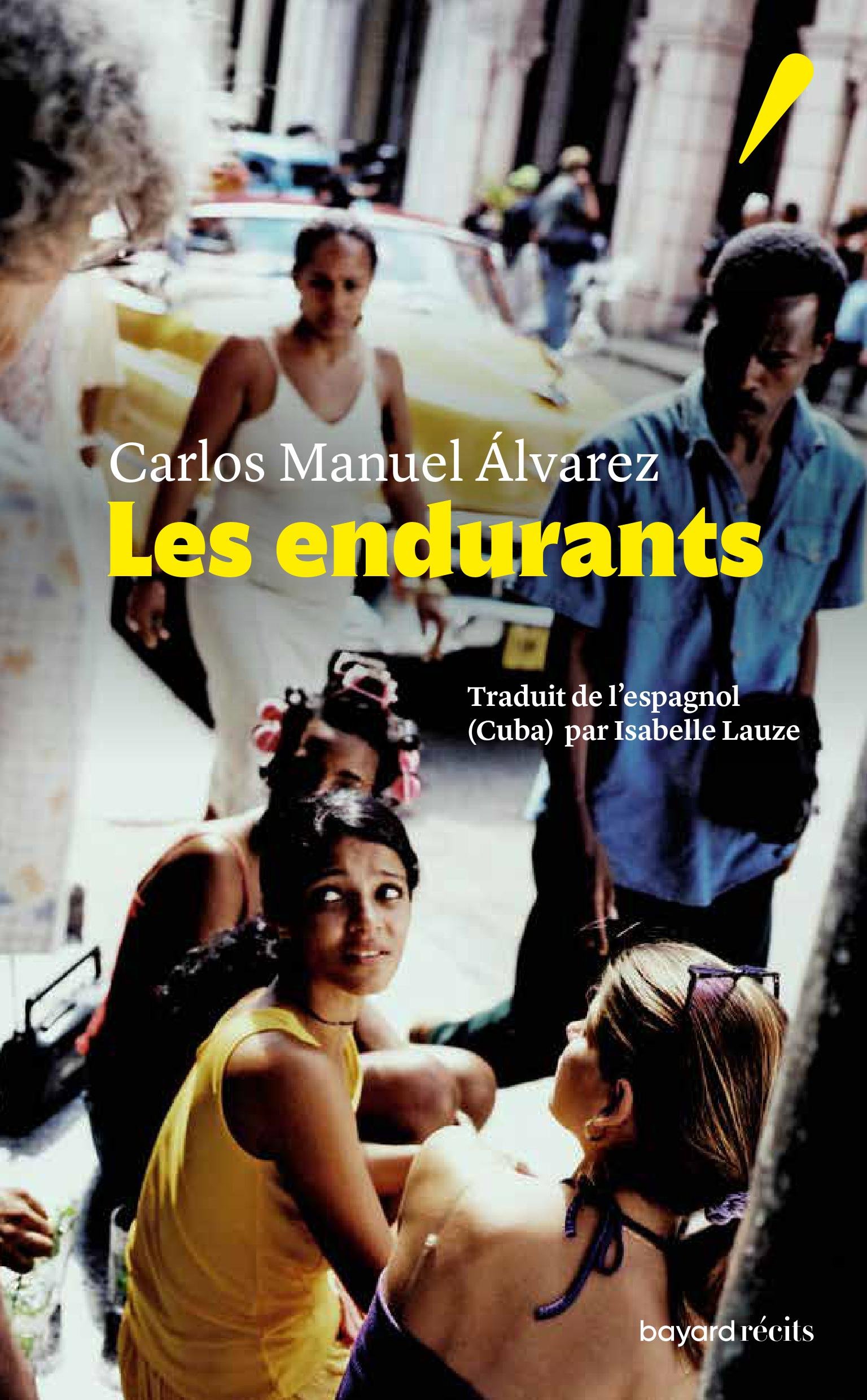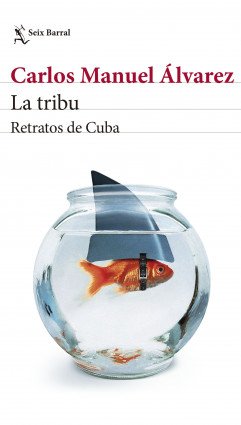La tribu
Carlos Manuel Álvarez
NON-FICTION | 2017 | 264 pages
BOOK OF THE WEEK IN BABELIA, EL PAÍS
La tribu (The Tribe) is a collection of reportages that capture the last beats of the Cuban Revolution and trace the sociopolitical map of the country during these fascinating transition times, from the reestablishment of the diplomatic relations between Washington and Havana, in December 2014, to the death of Fidel Castro in November 2016.
The book is a choral portrait, a rich parade of sportsmen in exile, leading figures of the contemporary arts, internationalist nurses, famous musicians and musicians from the underworld, dissident poets, migrants attempting their way across Central America, fugitives escaping the FBI, homeless people and suicides, the maximum historical leader, dealers from the black market, schizophrenic rafters, as well as the drunkards, policemen and transvestites of the noisy Havana nights.
RIGHTS: spanish (mexico & spain) SEXTO PISO | spanish (colombia, argentina, uruguay & peru) PLANETA I english (uk) FITZCARRALDO | english (usa) GRAYWOLF PRESS | french GROUPE BAYARD | spanish audio STORYTEL
“His ability to connect his perspective, the content and the form in just one bundle of the highest quality make him one of the best journalists on the continent.”
“Reading La tribu was, above all and before anything else, a great pleasure: the delight of reading something written. Not just an interesting perspective, not just a well-narrated story; the written word. And also, there is Cuba in there.”
“A pen sheds light on Cuba… Carlos Manuel Álvarez gathers a series of feature pieces about his people, both tender and excruciating, and about the bosses of his people, which are not tender at all.”
“In La tribu, Álvarez does not try to instruct or speculate. He does not write on whether the Revolution succeeded or failed. He does not determine whether the leader was a hero or a tyrant. His book is not an explanation: it is a mosaic of atmospheres – the airport, a street, the seaside—and the history of a country told through its people as well as daily life. It is the side of the world of a journalist whose reporting starts by himself.”
“Carlos Manuel Álvarez has written a feature book that brings together the best literature with the voices from the street and that makes the necessary questions, the ones that many elude, the enigma of the general will of the Cubans of the 21st century.”
“A major challenge for those of us who consider ourselves Cuban journalists.”
“An essential and surprising book to understand the current Cuban situation.”
“We all have an idea, fantasy, prejudice, dream, hesitation about Cuba, but after reading these pieces – that we could consider journalistic features but that overflow, widen and poeticize the genre to unexpected limits within the genre—we know a bit more about what is going on in Cuba nowadays. One can only feel envy upon finding an author who, before the age of 30, already has this point of view, this way of narrating, this poetry. It is even scary. Where does this writer so talented when it comes to explaining the Cuban “family” come from?”
“La tribu is a collection of journalistic pieces more interested in looking at the consequences of certain actions than at what actually caused them. The tribe gathered together in this book includes José Ariel Contreras, a star pitcher for Chicago’s White Sox, who returns to visit his hometown Las Martinas in Western Cuba and where he is honored as a prodigal son without mediation of the authorities. Or Charles Hill, a black panther forgotten by everyone except the North American justice system, who leads an almost anonymous life in a working class neighborhood of Havana. Or the Cubans stranded in Central America at the hands of human traffickers. Or the diversity of characters that the music of Juan Fornell is able to bring together… For the members of this tribe history is not measured in ages but in hours. And for Carlos Manuel Álvarez journalism is not about heroes but about “fighters”, as the popular Cuban language calls the people who try to survive everyday life, with their epics so close and their horizons so far. In light of the derision of doctrines, these reportages are more interested in the flesh of facts. In any case, there lies the difference between speaking as the Father of the Nation and writing as – as Vasili Grossman once put it – as a “stepson of one’s time”.”
“That rarest of books about a people that achieves a restorative function without idling in a documentarian mode, The Tribe’s gift to its subjects is not raising them as a hot topic, but by preserving their dignity in spite of the headlines.”
BY CARLOS MANUEL ÁLVAREZ:
Los intrusos
NONFICTION, 2023
Falsa guerra
NOVEL, 2021
Los caídos
NOVEL, 2018
La tribu
NONFICTION, 2017





